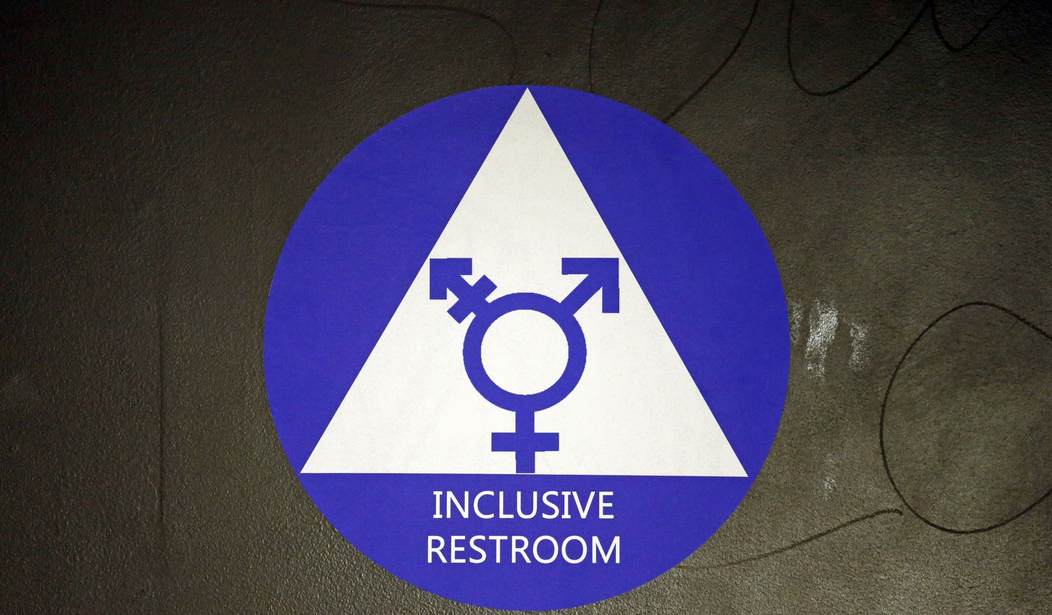According to the American Psychological Association (APA), being a traditional man is now considered on par with a mental disorder.
For the first time ever, the APA has issued a set of guidelines for how to approach men and boys, specifically, within a counseling practice. The new APA protocols for mental health professionals working with men and boys--released in August and available to read in their entirety in a document titled APA Guidelines for the Psychological Practice with Boys and Men--were recently summed up on the APA’s website by the statement that “research finds that traditional masculinity is, on the whole, harmful.”
“The main thrust of the subsequent research is that traditional masculinity—marked by stoicism, competitiveness, dominance and aggression—is, on the whole, harmful,” the January article from the APA goes on to read. “Men socialized in this way are less likely to engage in healthy behaviors.”
Progressive beliefs about a number of hot-button social justice and political issues such as sexism, patriarchy, and male privilege seem to be behind the new guidelines. More specifically, modern conceptions of gender appear to be driving the organization’s updated approach to men.
“What is gender in the 2010s?” asked Ryon McDermott, PhD, a psychologist at the University of South Alabama. McDermott helped write the new men’s guidelines. “It’s no longer just this male-female binary.”
According to McDermott, boys and men identifying as gay, bisexual or transgender face higher-than-average levels of hostility and pressure to conform to masculine norms.
This particular area of psychology features prominently in the APA’s recommendations for working with men and boys.
“Gender and sexual minorities, too”, reads the article, “must grapple with societal views of masculinity. This is an ever-shifting territory. When Levant and Rabinowitz launched the guideline-drafting process in 2005, only Massachusetts recognized same-sex marriage. Today, transgender issues are at the forefront of the cultural conversation, and there is increased awareness of the diversity of gender identity.”
Recommended
The APA believes that “psychologists have a key role to play, as the new guidelines lay out.”
Those guidelines include the need for clinicians to be aware of what the APA refers to as “dominant masculine ideals”, and to “understand how power, privilege and sexism work both by conferring benefits to men and by trapping them in narrow roles.”
Mental health workers are also directed to fight “against homophobia, transphobia, racial bias and other types of discrimination in institutions such as the criminal justice system.”
McDermott believes that ultimately, the clinician’s role “can be to encourage men to discard the harmful ideologies of traditional masculinity.”
If psychologists can focus on supporting men in breaking free of masculinity roles that don’t help them, the effects could spread beyond just mental health for men, McDermott says. “If we can change men,” he stated, “we can change the world.”
But American Conservative writer Rod Dreher is questioning the intent of the APA guidelines, arguing in a blogpost Monday that the move is “mostly about psychologizing the gelding of American males.”
“I do not trust Ryon McDermott, PhD,” writes Dreher, “to decide what is and is not healthy masculinity.”
























Join the conversation as a VIP Member